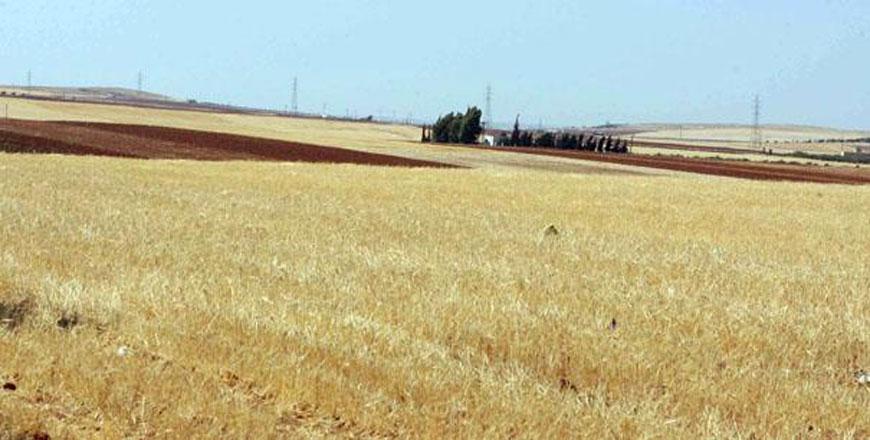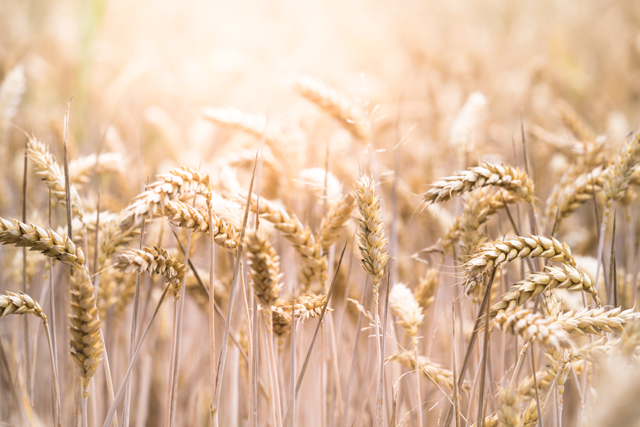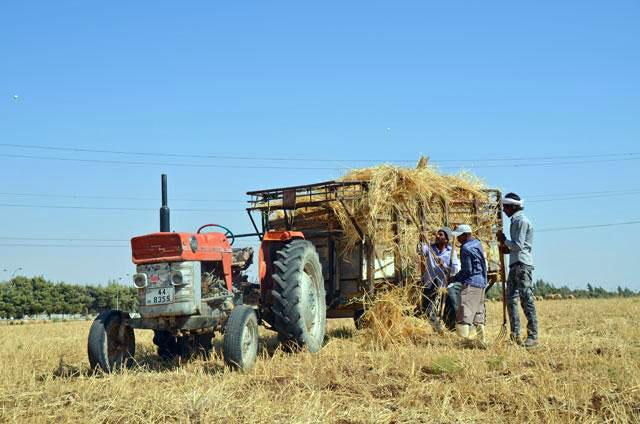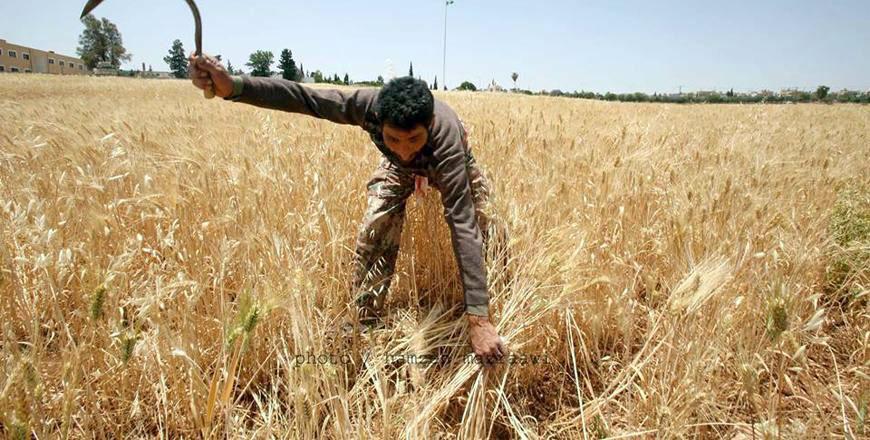You are here
Farmers grateful for gov’t to buy their wheat, barley at higher prices
By JT - Jul 31,2018 - Last updated at Jul 31,2018

Every year between May and August, the Ministry of Agriculture buys wheat and barley from farmers at prices preferential for producers (File photo)
AMMAN — Farmers on Monday expressed gratitude for the government's decision to buy their wheat and barley at higher prices.
Interviewed by the Jordan News Agency, Petra, farmers said that the Cabinet's recent decision to buy their wheat and barley at JD500 and JD420 per tonne respectively would have its "immense" contributions in encouraging the cultivation of the two strategic crops.
The prices of imported wheat and barley stand at JD420 and JD370 respectively, according to Petra.
In a recent meeting, the Council of Ministers decided to raise the prices of locally-produced wheat and barley by JD50 per tonne in a bid to alleviate farmers' burdens and increase the country's production of the two produces.
Saleh Raqqad said the decision would support farmers and the agriculture sector, calling on the government to take more steps towards easing off farmers' burdens.
For Abdulmahdi Ma'ayah, the decision would encourage farmers to grow more wheat and barley.
The government is expecting to receive less locally-cropped wheat and barley this year compared with last year in which it bought 21,300 tonnes from farmers, Petra said.
The government has allocated JD15 million to buy around 35,000 tonnes of locally-produced wheat and barley, according to Petra.
While only 1 million dunum of land in Jordan is used to grow wheat and barley, the country needs 4 million dunums of land to raise these major crops, Petra said.
Farmers grow wheat across the country, but grains are mainly cultivated in Irbid and Houran plains in the north, Madaba and Husban in the central region and Arrabeh in the southern Governorate of Karak.
The Kingdom, which consumes more than 80,000 tonnes of wheat per month, imports over 96 per cent of its wheat needs, as domestic production covers only around 4 per cent of demand.
Jordan imports the majority of its wheat from several countries, including Ukraine, Kazakhstan, Russia, Romania and the United States.
Related Articles
AMMAN — The Ministry of Agriculture on Sunday began purchasing wheat and barley from farmers, also opening receiving centres and silos.
AMMAN — High rainfall during last winter resulted in increased cereal yield during the current harvest season, especially in the northern re
AMMAN — The Ministry of Agriculture on Sunday announced that it had purchased and received 16,468 tonnes of locally produced wheat and 34,81



















